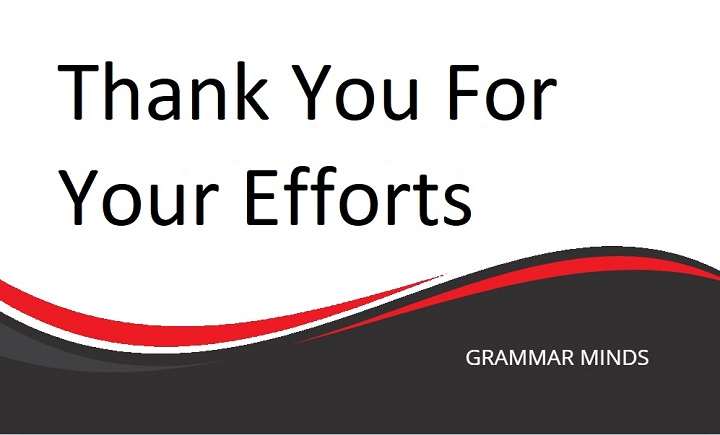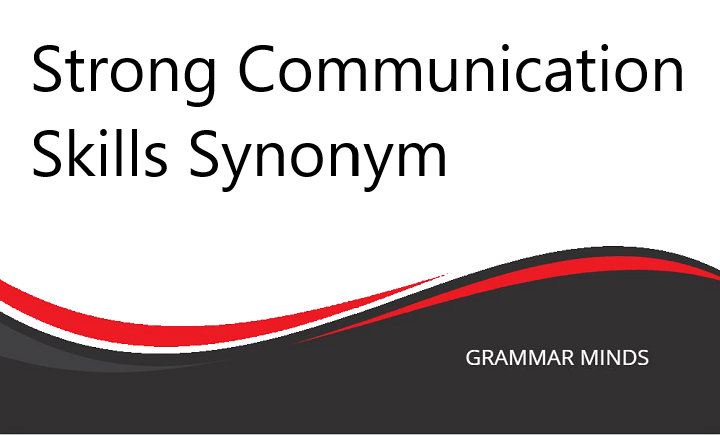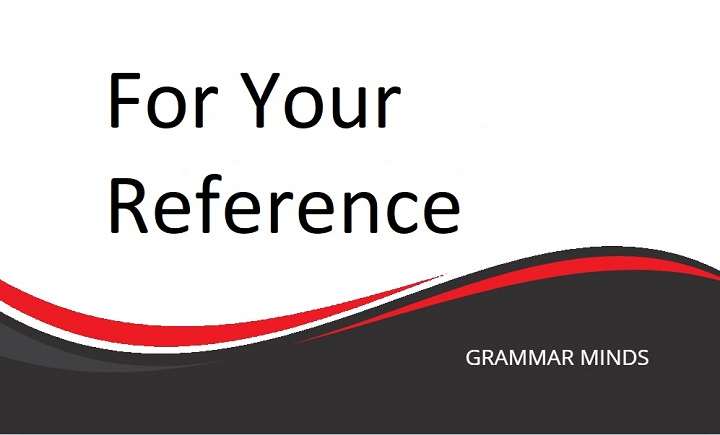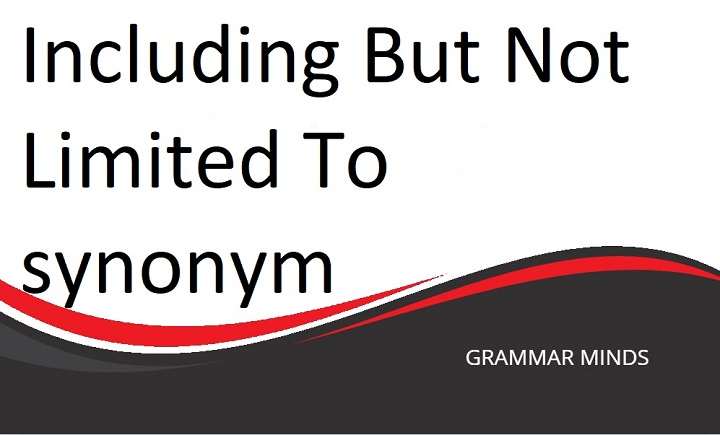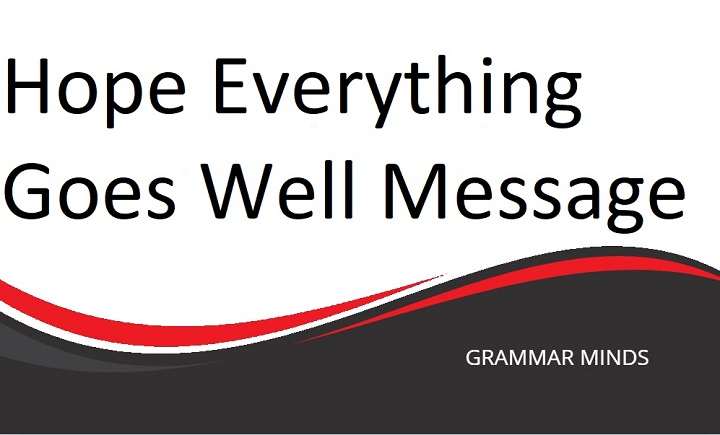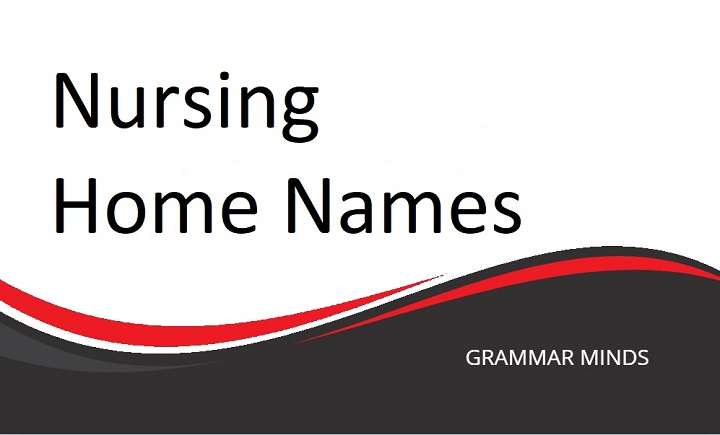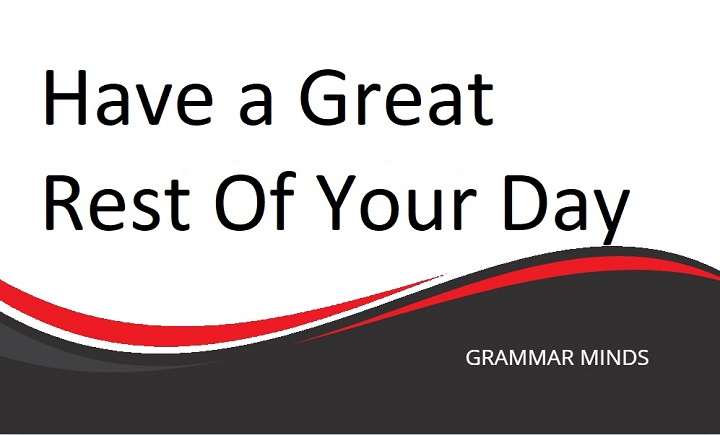Do you often find yourself using the phrase “Thank you for your efforts” in conversations? Whether it’s at work, with friends, or in personal relationships, gratitude is an important way to recognize others’ hard work. But after using the same expression time and time again, you might wonder if there are other ways to express the same sentiment without sounding repetitive.
Don’t worry! We’ve compiled a helpful list of alternative phrases that can add variety to your conversations and emails. These alternatives will help you express appreciation in fresh, meaningful ways while maintaining the sincerity of your gratitude.
Other Ways to Say “Thank You for Your Efforts”
Here are 10 alternative ways to say “Thank you for your efforts” that will help you sound more genuine and thoughtful in your communication:
- I appreciate your hard work.
- Your dedication means a lot to me.
- I’m grateful for your contribution.
- Your effort hasn’t gone unnoticed.
- Thanks for your commitment.
- I couldn’t have done it without you.
- You’ve been a great help.
- Your support made all the difference.
- Thanks for going above and beyond.
- You put in a lot of hard work, and I appreciate it.
Key Notes
The phrase “Thank you for your efforts” is grammatically correct and suitable for both formal and informal situations. However, over time, it may start to feel a little basic or overused. Fortunately, you have many alternatives available that can add depth and nuance to your message, depending on the context.
- You can use “I appreciate your hard work” for formal situations, especially in professional emails or meetings.
- “Your dedication means a lot to me” is a great alternative for expressing sincere appreciation in both informal and formal settings.
- “I’m grateful for your contribution” works well when you want to acknowledge someone’s specific input or achievement.
- Continue reading to discover how to apply these phrases in real-life conversations and professional environments.
I Appreciate Your Hard Work
Usage:
If you’re looking for a more formal way to say “Thank you for your efforts,” try using “I appreciate your hard work.” This phrase adds a professional tone while emphasizing the effort someone has invested. It’s ideal for use in workplace communications, whether you’re acknowledging a team member’s dedication or recognizing a colleague’s contribution during a meeting.
Example (in an email):
Dear [Recipient],
Thank you for your assistance on the recent project. I appreciate your hard work and your attention to detail throughout this process. Your effort made a significant impact.
Best regards,
[Your Name]
Your Dedication Means a Lot to Me
Usage:
For a more personal touch, consider using “Your dedication means a lot to me.” This phrase conveys sincere gratitude and can be used in both formal and informal contexts. It’s great for acknowledging someone’s continued efforts over time, such as recognizing a friend’s loyalty or a colleague’s long-term commitment.
Example (in conversation):
Hey [Friend’s Name],
I just wanted to say, your dedication means a lot to me. You’ve been working so hard, and I really appreciate everything you’ve done.
I’m Grateful for Your Contribution
Usage:
To highlight someone’s specific role in a project or activity, try “I’m grateful for your contribution.” This is a thoughtful way to show gratitude while keeping the focus on the person’s achievements. It’s perfect for professional settings, such as recognizing a team member during a group meeting or writing a thank-you note after a collaborative project.
Example (in a meeting):
I just want to take a moment to say, I’m grateful for your contribution to this project. Your input was invaluable and helped us reach our goals
Your Effort Hasn’t Gone Unnoticed
Usage:
When you want to ensure someone knows their hard work is being acknowledged, “Your effort hasn’t gone unnoticed” is a powerful phrase. It shows that even if the results aren’t immediate, the person’s work is appreciated. This phrase is suitable for professional settings, such as emails or performance reviews, but can also be used in personal conversations to show appreciation.
Example (in an email):
Dear [Recipient],
Your effort hasn’t gone unnoticed. The attention to detail you provided has made all the difference, and I wanted to express my sincere thanks.
Best regards,
[Your Name]
Thanks for Your Commitment
Usage:
When someone has demonstrated long-term dedication or involvement in a project, the phrase “Thanks for your commitment” is an excellent way to express gratitude. It’s particularly useful in formal settings, such as performance reviews, company announcements, or partnership emails.
Example (in a performance review):
I’d like to acknowledge your dedication to the team. Thanks for your commitment and for continuously delivering excellent results.
I Couldn’t Have Done It Without You
Usage:
For a more informal and heartfelt way of expressing appreciation, consider using “I couldn’t have done it without you.” This phrase is ideal for close friends, family members, or even colleagues you have a strong rapport with. It’s a casual yet sincere way of acknowledging someone’s support.
Example (in conversation):
Hey [Friend’s Name],
I just wanted to say, I couldn’t have done it without you. Your help was incredible, and I’m so grateful.
You’ve Been a Great Help
Usage:
A friendly and informal alternative to “Thank you for your efforts” is “You’ve been a great help.” This phrase is perfect for casual conversations with colleagues, friends, or family members when you want to express appreciation for their assistance.
Example (in conversation):
Thanks again for helping me out today, [Friend’s Name]. You’ve been a great help, and I really appreciate it.
Your Support Made All the Difference
Usage:
This phrase emphasizes the impact of someone’s efforts and is suitable for both formal and informal situations. “Your support made all the difference” is an excellent way to express that someone’s actions had a meaningful effect, whether in a team project or a personal matter.
Example (in a thank-you card):
Dear [Recipient],
Your support made all the difference during this busy time. I just wanted to express my gratitude and let you know how much I appreciate everything you’ve done.
Thanks for Going Above and Beyond
Usage:
When someone has put in extra effort or exceeded expectations, “Thanks for going above and beyond” is a perfect phrase to recognize their outstanding work. It can be used in both formal and informal settings, such as recognizing an employee’s exceptional performance or thanking a friend for their extraordinary help.
Example (in a team meeting):
I’d like to acknowledge [Team Member’s Name] for their hard work on this project. Thanks for going above and beyond—we couldn’t have done it without your dedication.
You Put in a Lot of Hard Work, and I Appreciate It
Usage:
For an informal yet sincere expression of gratitude, use “You put in a lot of hard work, and I appreciate it.” This phrase shows recognition for someone’s effort while maintaining a casual tone, making it suitable for conversations with friends, family, or colleagues.
Example (in conversation):
Hey [Friend’s Name],
I know you’ve been working really hard on this, and I just wanted to say, you put in a lot of hard work, and I appreciate it.
Is It Correct to Say “Thank You for Your Efforts”?
Yes! The phrase “Thank you for your efforts” is grammatically correct and suitable for both formal and informal settings. It’s a versatile expression that can be used in professional emails, conversations with colleagues, or casual chats with friends. While it is perfectly acceptable, using a variety of phrases can make your communication feel more engaging and personalized.
You can also experiment with slight variations of the phrase, such as:
- “Thanks for all your hard work.”
- “I appreciate everything you’ve done.”
- “Your efforts are truly appreciated.”
Also Read
Best Wishes for Your New Endeavors: Alternative Phrases and Usage Tips
In conclusion, “Thank you for your efforts” is a perfectly acceptable and grammatically correct phrase for expressing gratitude, whether in formal or informal settings. However, incorporating alternative phrases like those provided in this article can help you diversify your vocabulary and express your appreciation in more varied and meaningful ways.
By mixing up your language, you’ll not only keep your communication fresh, but you’ll also make the people around you feel more appreciated for their unique contributions.

